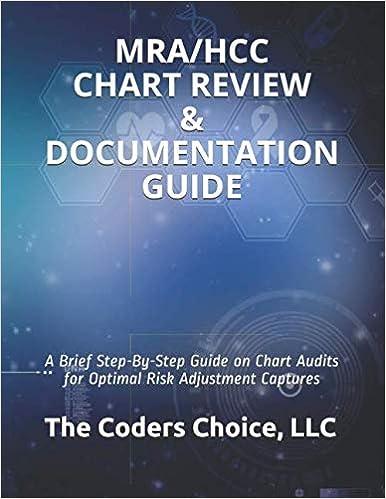Question
SHORT CASE STUDY Oriental Motor Assembly Pte Ltd assembles three types of motorcycle at the same factory in Singapore: the 100cc Discover; the 250cc Pulsar
SHORT CASE STUDY
Oriental Motor Assembly Pte Ltd assembles three types of motorcycle at the same factory in Singapore: the 100cc Discover; the 250cc Pulsar and the 1000cc Punch. It sells the motorcycles throughout the world. In response to market pressures Oriental Motors has invested heavily in new manufacturing technology in recent years and, as a result, has significantly reduced the size of its workforce.
Historically, the company has allocated all overhead costs using total direct labour hours, but is now considering introducing activity-based costing (ABC). Oriental Motors accountant has produced the following analysis.
| Annual Output (Units) | Annual Direct labour hours | Selling price ($ per unit) | Raw material cost ($ per unit) | |
| Discover | 2000 | 200,000 | 4,000 | 400 |
| Pulsar | 1600 | 220,000 | 6,000 | 600 |
| Punch | 400 | 80,000 | 8,000 | 900 |
The three cost drivers that generate overheads are:
- Deliveries to retailers: the number of deliveries of motorcycles to retail showrooms
- Set-ups: the number of times the assembly line process is re-set to accommodate a production run of a different type of motorcycle.
- Purchase orders: the number of purchase orders.
The annual cost driver volumes relating to each activity and for each type of motorcycle are as follows:
| Number of deliveries to retailers | Number of set-ups | Number of purchase orders | |
| Discover | 100 | 35 | 400 |
| Pulsar | 80 | 40 | 300 |
| Punch | 70 | 25 | 100 |
The annual overhead costs relating to these activities are as follows:
| Particulars | Amount ($) |
| Deliveries to retailers | 2,400,000 |
| Set-up costs | 6,000,000 |
| Purchase orders | 3,600,000 |
All direct labour is paid at $5 per hour. The company holds no stocks. At a board meeting there was some concern over the introduction of activity-based costing.
The finance director argued: I very much doubt whether selling the Punch model is viable but I am not convinced that activity-based costing would tell us any more than the use of labour hours in assessing the viability of each product.
The marketing director argued: I am in the process of negotiating a major new contract with a motorcycle rental company for Discover model. For such a big order they will not pay our normal prices but we need to at least cover our incremental costs. I am not convinced that activity-based costing would achieve this as it merely averages costs for our entire production.
The managing director argued: I believe that activity-based costing would be an improvement but it still has its problems. For instance, if we carry out an activity many times surely we get better at it, and costs fall rather than remain constant. Similarly, some costs are fixed and do not vary either with labour hours or any other cost driver.
The chairman argued: I cannot see the problem. The overall profit for the company is the same no matter which method of allocating overheads we use. It seems to make no difference to me.
REQUIRED:
- Calculate the total profit on each of Oriental Motors three types of product using each of the following methods to attribute overheads:
- The existing methods based upon labour hours.
- Activity-based costing.
Step by Step Solution
There are 3 Steps involved in it
Step: 1

Get Instant Access to Expert-Tailored Solutions
See step-by-step solutions with expert insights and AI powered tools for academic success
Step: 2

Step: 3

Ace Your Homework with AI
Get the answers you need in no time with our AI-driven, step-by-step assistance
Get Started


